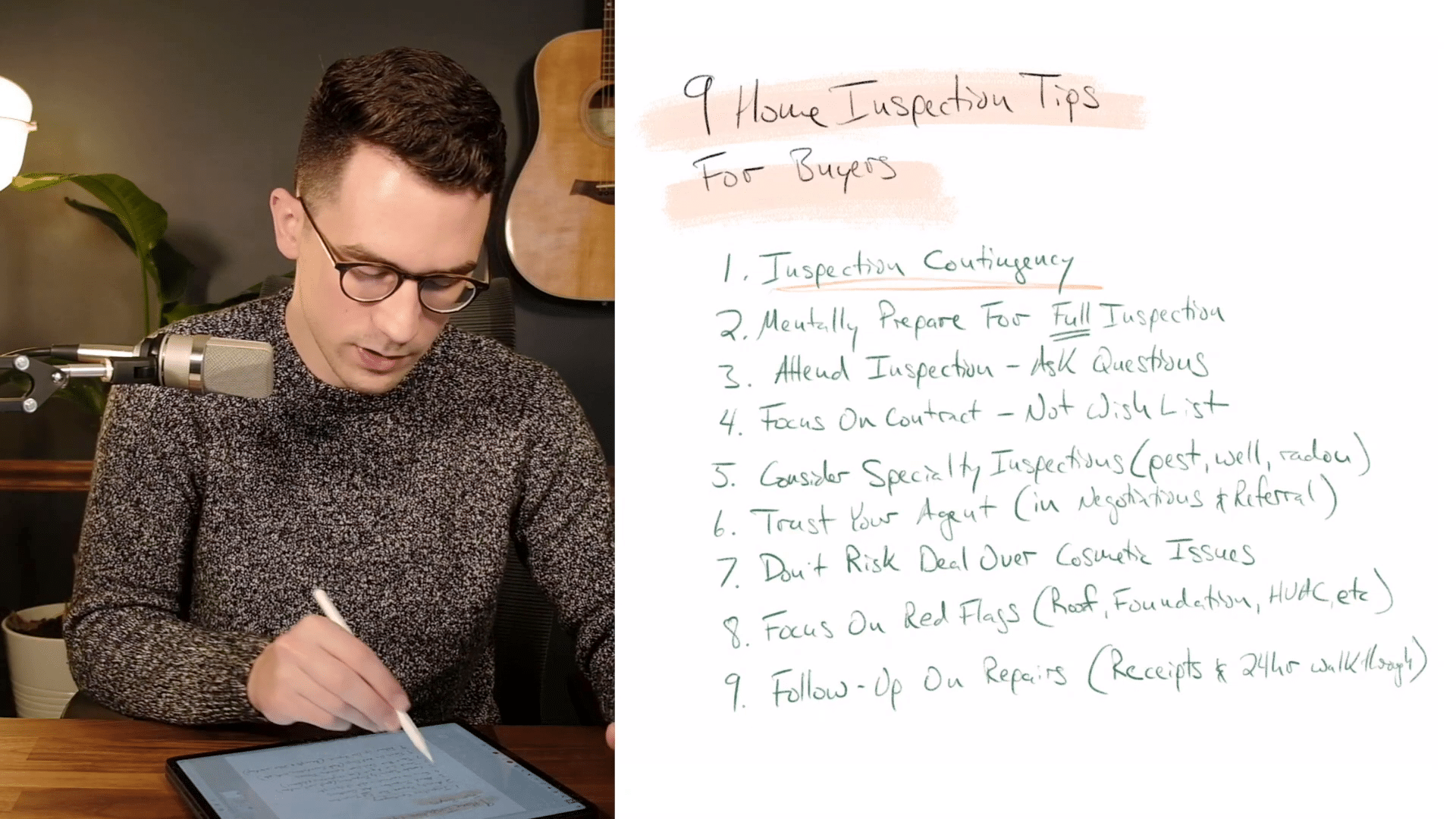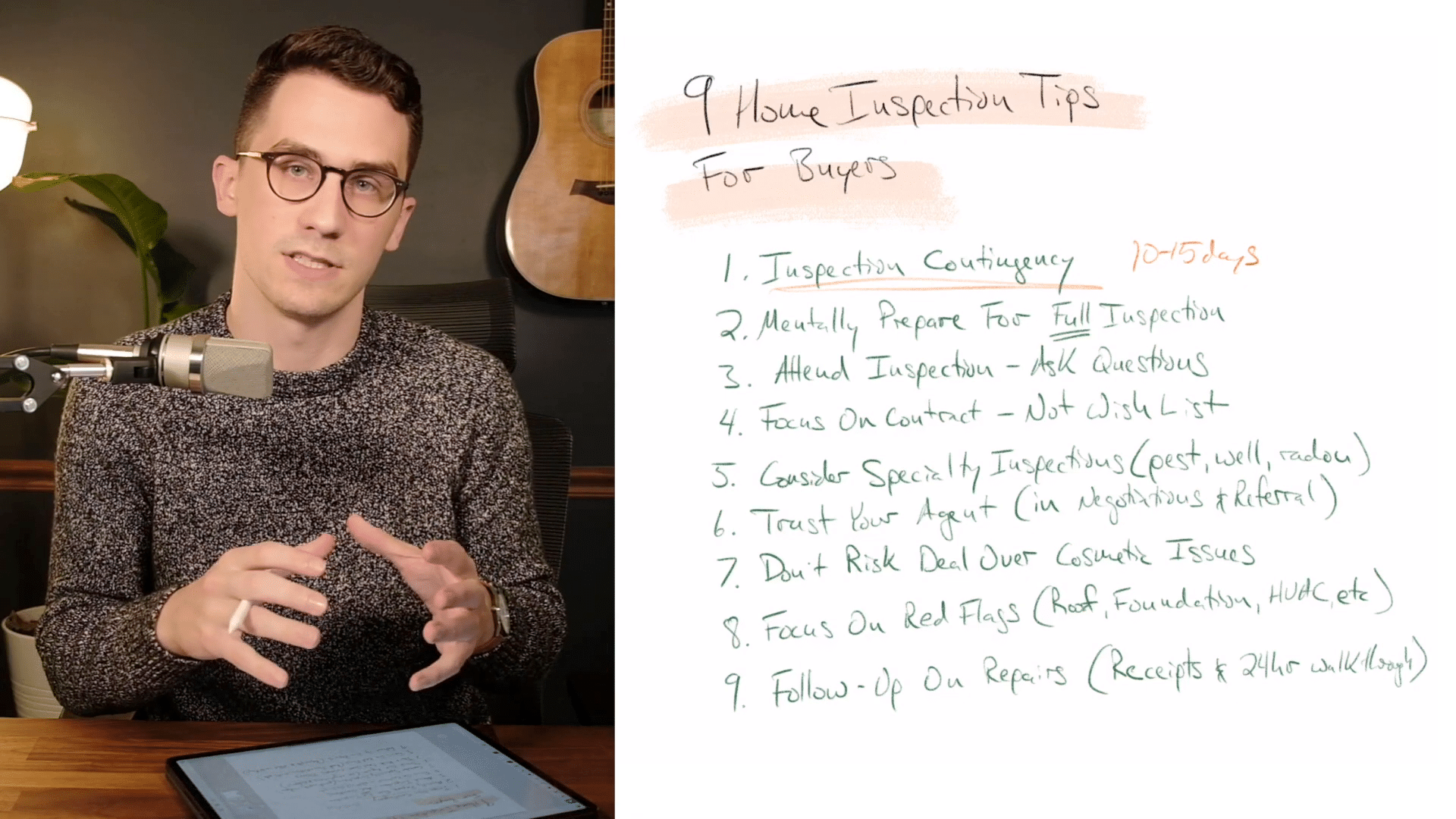Key Steps to a Successful Home Inspection: Essential Guide for Property Buyers
Home » Inspections »
Understanding the Importance of Home Inspections for Buyers
When considering purchasing a property, one of the most critical steps a buyer can take is to conduct a thorough home inspection. This process serves as a protective measure, ensuring that you are aware of any potential issues with the property before finalizing the purchase. Similar to the caution exercised when buying a used car, a home inspection aims to uncover hidden problems that could result in substantial financial burdens down the line. A typical home inspection costs around $500, which is a significant upfront investment, but it can save thousands in future repairs.
Inspection Contingencies in Your Contract
One essential tip for potential homebuyers is to include an inspection contingency in their purchase offer. This contingency allows a set period, usually 10 to 15 days, for the property to be inspected. During this time, buyers can hire one or more specialized inspectors to thoroughly assess the property and identify any issues. After the inspection, buyers have the opportunity to renegotiate with the seller to address these issues, either by repairing them or adjusting the home’s price accordingly.
What to Expect During the Inspection
A comprehensive home inspection can sometimes feel overwhelming. A skilled inspector will scrutinize every small detail, from major structural faults to minor cosmetic flaws. While it might be alarming to receive a multi-page report highlighting numerous issues, it’s important to discuss these findings with your inspector and prioritize the repairs. Remember, no home is perfect, and identifying these problems early will allow you to make informed decisions.
Maximizing the Inspection Opportunity
Attending the inspection can be incredibly beneficial. It typically lasts between three to four hours, depending on the thoroughness of the inspector. Use this time wisely; observe the process, and ask questions about any concerns that arise. Although inspectors might not provide repair recommendations due to licensing restrictions, they can offer valuable explanations and clarifications regarding the property’s condition.
Focus on Necessity, Not Desire
During negotiations following the inspection, concentrate on essential repairs rather than cosmetic changes. The primary goal of the inspection contingency is to ensure the home’s fundamental systems and structures are in good condition, not to fulfill a wish list of desired aesthetics or upgrades. This focus helps in keeping the negotiations straightforward and prevents jeopardizing the deal over minor issues.
Considering Specialty Inspections
Depending on the initial findings or specific concerns about the property, consider hiring specialty inspectors. These might include pest inspectors, structural engineers, or radon testing professionals. While some of these specialized inspections might be included with your primary home inspection, others will require separate appointments and fees. This is especially important for homes with unique features such as fireplaces, which may require a dedicated chimney inspection.
Trusting Your Real Estate Agent
Your real estate agent is an invaluable resource throughout the buying process. Experienced agents have a network of trusted professionals, including inspectors, and can recommend someone who has a proven track record of thorough and honest inspections. Additionally, rely on your agent’s expertise during negotiations. They can advise which repairs are reasonable to request and help you navigate the decisions that will lead to a fair and beneficial agreement.
Avoiding Overemphasis on Cosmetic Issues
It’s crucial to differentiate between fundamental repairs and cosmetic improvements. Structural issues, roof conditions, HVAC systems, and foundation problems should be prioritized as they could have a significant financial impact shortly after purchase. Cosmetic issues, however, such as minor dents on a railing or desired paint changes, should not derail the negotiations. Focusing on substantial concerns will help ensure that you are making a sound investment.
Final Steps: Verify Repairs and Conduct a Final Walkthrough
Once repairs have been agreed upon, it’s essential to verify that they have been carried out correctly. Asking for receipts and arranging a follow-up inspection or a final walkthrough before closing can help ensure that all issues have been addressed according to the agreement. This final check provides peace of mind that the property’s condition has been improved as expected and allows any last-minute adjustments before the purchase is finalized.
Buying a home is a significant commitment and investment. Conducting a thorough home inspection not only helps uncover the current state of the property but also provides leverage in negotiating repairs or price adjustments. Armed with detailed knowledge and expert guidance, you can proceed with your purchase confidently, knowing that you have taken proactive steps to secure your investment and future home environment.






